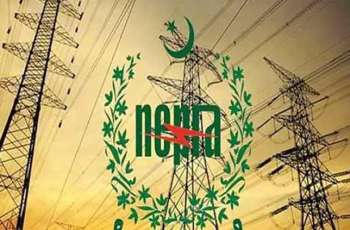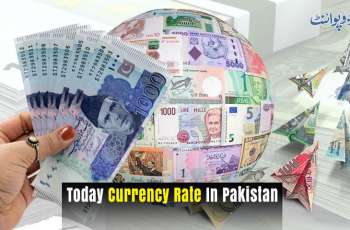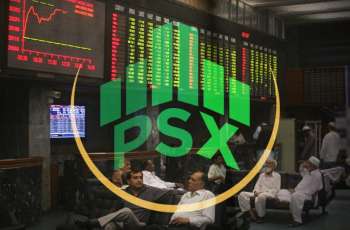NEW YORK (Pakistan Point News / Sputnik - 22nd April, 2022) Crude prices rose more than 1% on Thursday to snap a two-day slide as Germany laid out a plan to end Russian oil imports by 2023, prompting a return to focusing on the tight supply situation that had fueled much of this year's rally in energy markets.
Brent, the London-traded global benchmark for crude, settled up $1.53, or 1.4%, at $108.33 per barrel.
Brent had lost almost 6% over two previous sessions after IMF downgrades of global economic growth for this year and next, also over the scare of new COVID-19-related deaths in China, the world's second largest consumer of oil.
New York-traded� West Texas Intermediate, or WTI, the benchmark for US crude, rose $1.60, or 1.6%, to finish Thursday's official session at $103.79 per barrel.
WTI lost a net of more than 5% in two previous days of trading, despite closing up on Wednesday. It broke below key $100 support at the height of the selloff, touching a session low of $99.89.
Thursday's rebound in oil came after Germany suggested it will halve its Russian oil imports by the summer and end them by the end of the year.
Oil traders have disputed for weeks that Berlin and the rest of the EU will be able to disengage with Russia and find adequate supplies elsewhere - despite the West's stand that the action was a necessary follow-through to its sanctions against Moscow due the conflict in Ukraine.
"Given how big a market (Germany) is for Russia, accounting for roughly half its exports will come as a real blow" to the supply-demand situation in oil," Craig Erlam, analyst at online trading platform OANDA, said. "Oil prices are creeping higher again but remain pretty much in the middle of the range they've traded within for the last month."
The narrative in oil was also made more bullish by Libya, which announced late on Wednesday that it was losing more than 550,000 barrels per day of output from blockades at major fields and export terminals in the North African country, which is a part of global oil producing alliance OPEC+.
Made up of 23 countries and officially led by Saudi Arabia, with assistance from Russia, OPEC+ has struggled to meet its output targets for months now due to under-investment in global oil fields during the height of the coronavirus outbreak. The situation has worsened since the start of Russia's special military operation in Ukraine on� February 24 and the West's subsequent sanctions against Russia.



